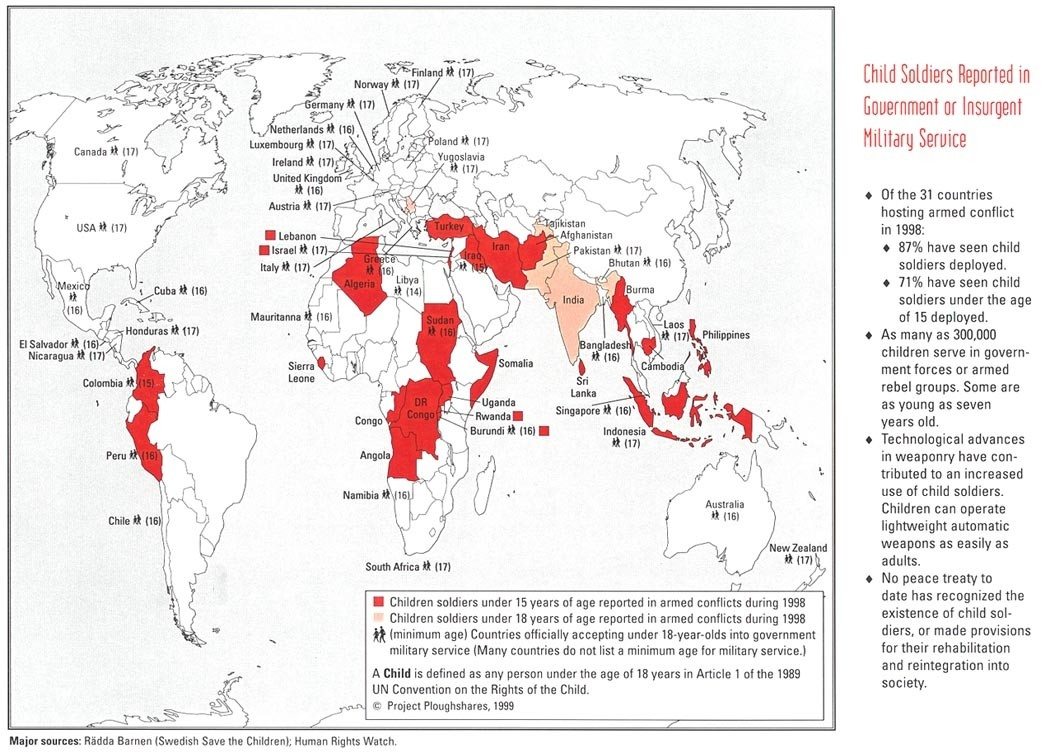Religious education in primary and secondary education - Wikipedia
England[edit]
Religious Education (RE) is a compulsory subject in the
state education system in
England. Schools are required to teach a programme of religious studies according to local and national guidelines.
Religious Education in
England is mandated by the
Education Act 1944 as amended by the
Education Reform Act 1988 and the
School Standards and Framework Act 1998. The provision of Religious Education is compulsory in all state-funded schools, but it is not compulsory for any of the children to take the subject. The subject consists of the study of different religions, religious leaders, and other religious and moral themes. However, the curriculum is required to reflect the predominant place of Christianity in religious life and hence Christianity forms the majority of the content of the subject. All parents have the right to withdraw a child from religious education, which schools must approve.
[1]
Additionally, all schools are required by law to provide a daily act of collective worship, of which at least 51% must be Christian in basis over the course of the academic year.
[2]
France[edit]
In France, RE is replaced by a non-religious moral teaching (called civic, legal and social education :
éducation civique, juridique et sociale, ECJS). Children can additionally receive, on a voluntary basis, a religious education, either at school in private religious school, or outside of school, in their religious community, if they are in a public (State) school, though in some rare regions, the old Concordat being still an obligation because of the German occupation and the strong stand of population in favour of this (in the Alsace-Moselle mainly), religious education is made compulsory, and a dispense is necessary if the child refuses to be following religious education, which is set catholic.
Israel[edit]
Israeli school system includes State Schools; Religious State Schools; Recognized Schools and Exempt Schools, whose students are regarded as fulfilling the obligatory education.
[6]
Japan[edit]
The prevailing view is that the religious education would contravene the constitutional
separation of state and religion.[
citation needed] In place of RE, there is a short but nonetheless compulsory subject called "Ethics" (道徳どうとく
doutoku,
lit. "morality") in
primary school, where the purpose is to teach
moral values rather than to teach ethics as an academic subject. However, despite the stated
secular stance, references to the majority religions of Shinto and Buddhism are sometimes made in class texts.
Malaysia[edit]
The Malaysian education system makes
Moral Studies compulsory for non-Muslim students at secondary and primary schools. Muslim students instead partake in
Islamic Studieslessons. Both subjects figure among the seven compulsory subjects undertaken by students for the
Sijil Pelajaran Malaysia.
Norway[edit]
As of 2007 Article 2 of the
Constitution of Norway mandates Evangelical-Lutheran parents to provide a religious upbringing for their children.
[8]
Scotland[edit]
Main article:
Education in Scotland
In
Scottish state schools, Religious Education is called
Religious and Moral Education from ages 5 to 14, and
Religious, Moral and Philosophical Studies from 14 to 18.
The majority of
state schools in are
non-denominational, but as a result of the
Education Act 1918, separate denominational
state schools were also established. The vast majority of denominational state schools are
Roman Catholic but there are also a number of
Scottish Episcopal schools. The school buildings are built and maintained by the Roman Catholic Church were handed over to the state under the Education Act. Since then,the Catholic schools are fully funded by the
Scottish Government and administered by the
Education and Lifelong Learning Directorate.
http://www.tandfonline.com/doi/abs/10.1080/02188790802036653?journalCode=cape20
The revival of Confucianism in Chinese schools: a historical-political review
This article examines the “back to tradition” movement in Chinese schools and its political nature. It focuses on the launch of the “education in Chinese traditional virtues” project in the 1980s and various new developments at the present time, which continue a revival of Confucianism in Chinese society and education.
@ADevilYouKhow Where are all the child soldiers?

